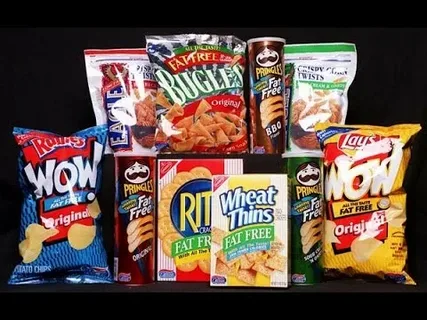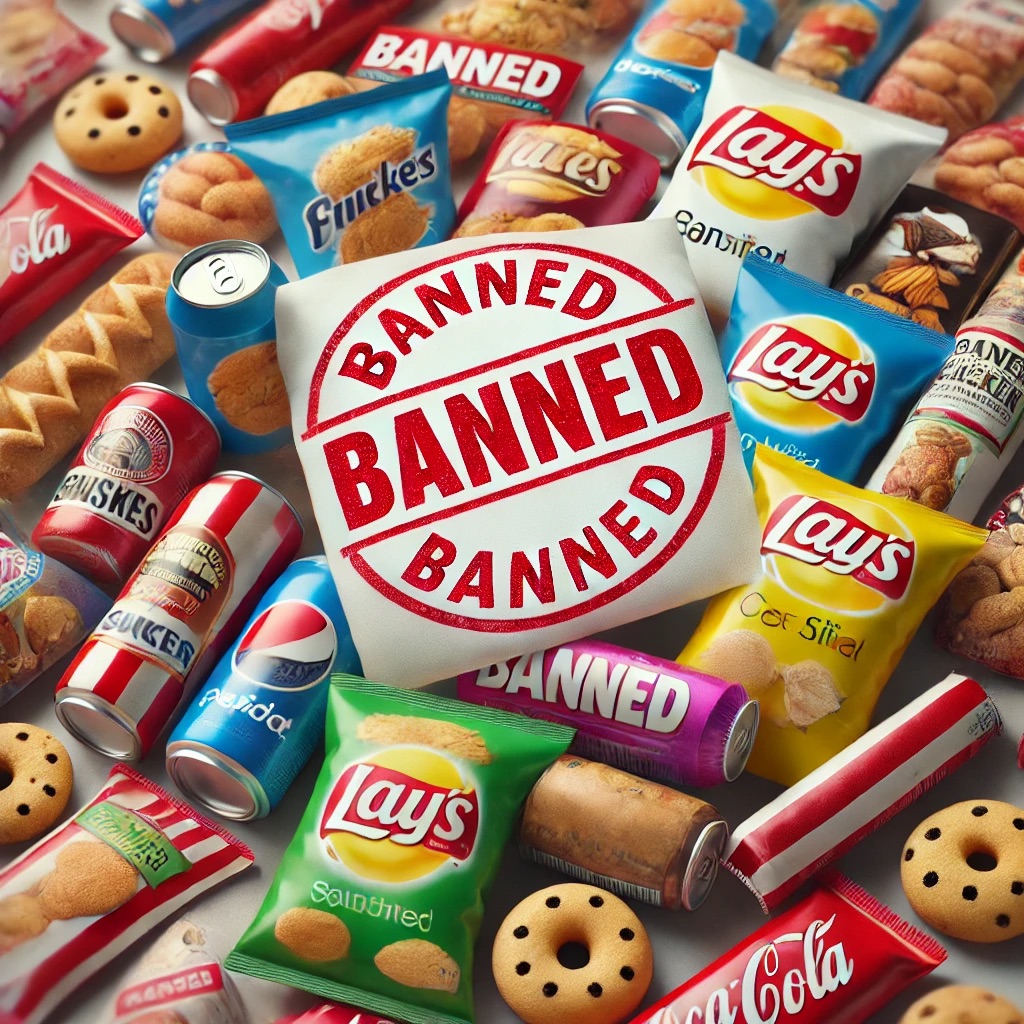Introduction
Food is a significant component of defining culture, and the United States is no exception. Banned Snacks In America has unlimited culinary options, including local specialties such as collard greens, cornbread, and boxed macaroni and cheese. Despite this, some foods are virtually impossible to obtain in the United States since they are on the restricted food list. Believe it or not, the United States prohibits certain foods from being consumed worldwide.
The FDA sometimes prevents items from crossing the border, but in some cases, state legislation or public opinion must intercede. Stacker has produced a list of foods and beverages prohibited nationwide, in specific states, or schools. In other circumstances, these bans have made it practically impossible to obtain these foods in the United States—at least in the form they are available elsewhere globally. From delicious cheeses to the famous Scottish meal haggis, these 30 delicacies aren’t welcome in America.
Food Chemical Ban Battle
At least five states — California, Illinois, Missouri, New York, and Washington — have proposed or passed legislation prohibiting particular food or colour additives that can help preserve food but may be associated with health risks.
Supporters of the proposal argue that certain substances are connected to adverse health impacts and should be eliminated.
While numerous governments seek to prohibit certain substances, many others, including Indiana, Maryland, South Dakota, Washington, and West Virginia, have rejected similar bills due to a lack of “scientific basis.”
Is the food safe if it contains these chemicals?
In November 2023, the FDA suggested a ban on brominated vegetable oil (BVO), a food ingredient that the National Agricultural Law Center claims is used in citrus beverages to keep the flavour from separating and floating to the top. While BVO was once utilised in various sodas and sports drinks, it is now found in very few.
The FDA discovered that BVO has clear detrimental health impacts and cannot declare modified vegetable oil safe.
FDA comments on chemical food safety.
Several of the compounds mentioned above are already banned in Europe. Nutritionist Carrie Lupoli stated that if Europe can ban them, so can the United States.”If Europe can do it, then we can, too. However, it does require more money and effort to say, “We will not allow this low-quality stuff to continue entering our systems,” Lupoli added.”Numerous reports have mentioned the potential ban of the food additives in other countries, implying that the United States lags in protecting consumers.” These accusations, however, derive from a fundamental misunderstanding of the science of toxicology, the foundation of food additive safety, and the thorough regulatory monitoring by the United States Food and Drug Administration.”
Banned Snacks In America

Skittles
This popular rainbow-coloured candy contains the food dyes Yellow 5, Yellow 6, and Red 40, which are highly prohibited in Europe. These dyes have been linked to bad outcomes for children. Austria and Norway have outlawed the colours completely, making Skittles unlawful.
Mountain Dew
This vivid green soft drink resembles nuclear waste, so unsurprisingly, it’s incredibly unhealthy. It is forbidden in Japan and the European Union because it contains brominated vegetable oil. The Dew is not the only illicit soda. Fresca and Sunkist are likewise banned in most of Europe, including Norway and Austria.
Kellog’s Frosted Flakes
Kellogg’s cereals Frosted Flakes, Rice Krispies, and Honey Bunches of Oats are not sold in Japan or the European Union because they contain a carcinogenic flavour enhancer. Lucky Charms is also banned in the EU, Austria, and Norway because of the dyes found in the marshmallow candy bits.
Silver Dragees
Silver sprinkles are prevalent on baked products, particularly around the holidays, but the FDA warns against eating them. The sprinkles are technically inedible because silver cannot be used as an additive or colour non-food. So, while you can buy silver sprinkles at any grocery shop, you should not eat them.
Foie gras
While foie gras is legal in other regions of the country, it is not permitted in California. It is controversial because it is made by force-feeding ducks and geese, which causes their livers to swell considerably more than usual, resulting in a painful condition.
Swan
Particular swans, such as the trumpeter, which is endemic to North America, are endangered species, as are many other animals on this list. Hunting and eating tundra swans is permissible in some parts of the United States, whereas trumpeter swans are forbidden to hunt across much of the country.
FAQs
Why was Olestra banned in certain snack foods?
Olestra, a fat substitute included in several snacks, was Banned Snacks In America because it caused severe stomach problems such as diarrhea and cramping. The FDA approved it in 1996, but its adverse effects led to its drop in popularity and use in snack foods.
Are there any foods that have been banned owing to artificial colours?
Several treats containing artificial colours, such as Red 40, Yellow 5, and Yellow 6, have been banned or restricted. These colours have been linked to hyperactivity in youngsters and probable cancer risks, prompting regulatory inquiry and restrictions in several places.
What are some instances of foods that have been banned owing to allergy concerns?
Certain varieties of Planters nuts and several pre-packaged cookies have been recalled or prohibited because they include undeclared allergies such as peanuts, milk, or soy. Accurate labelling is critical for avoiding severe allergic responses in sensitive individuals.
Have any foods been banned owing to their caffeine content?
Yes, food and beverages like the original Four Loko mix, which included alcohol and caffeine, were prohibited owing to health concerns. The combination was connected to risky behaviour and hospitalisations, prompting the FDA to issue a prohibition.
Have any restricted foods been discovered to contain dangerous chemicals?
Yes, some foods were banned after they were discovered to contain dangerous ingredients. For example, some imported candy has been banned because it contains high quantities of lead, which poses serious health dangers, particularly to youngsters.
